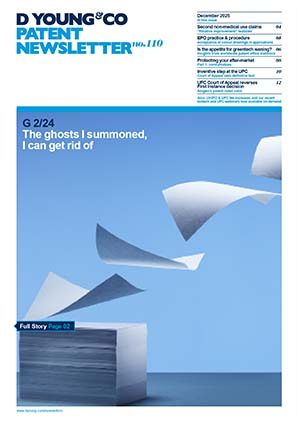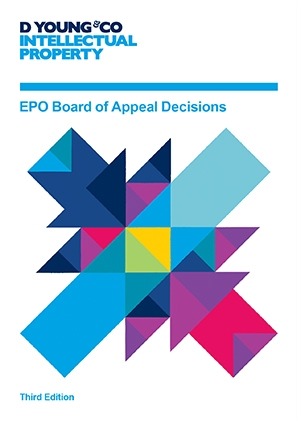When written & verbal decisions at oral proceedings differ
T2374/16 concerns a situation in which the written decision of oral proceedings before the opposition division differed from the verbal decision given at the end of the oral proceedings.
According to the announcement that was orally made at the end of the oral proceedings, and the reasoning for the decision that was issued, the opposition division intended to maintain the application on the basis of the claims of the first auxiliary request. However, according to the actual written decision, and the opposition Druckexemplar, the patent was maintained based on the main request (with some of the description pages amended).
Both the proprietor and the opponent appealed.
The proprietor submitted that a simple mistake had occurred, which could be corrected under Rule 140 EPC if both parties withdrew their appeal. According to the proprietor, this would not prejudice the rights of any third parties because the appeal had a suspensive effect on the decision of the opposition division and so the granted claims were in effect. The proprietor also noted that, in any event, referring the case back to the opposition division would have the same effect as correcting their decision under Rule 140.
The opponent submitted that a clear procedural violation had occurred because the decision had not been sufficiently reasoned.
The Board of Appeal opened by considering whether the proprietor was entitled to appeal, since there was a question as to whether they had been adversely affected. The proprietor successfully argued that they were adversely affected by having been made to amend their summary of invention – an action that was not part of their main request.
Although the Board of Appeal agreed that the appeal was therefore admissible, this argument seems to have been used to conclude that the decision must be overturned. In particular, the Board of Appeal noted that the text of the Druckexemplar did not correspond with any request made by any party. Consequently, it could not be maintained. The Board of Appeal did consider the proprietor’s comments regarding third party rights and a predictable outcome occurring in subsequent opposition proceedings. However, the Board of Appeal noted that they cannot make decisions based on developments that may or may not happen, but only on the actual facts that were before it. The Board of Appeal therefore ruled that the decision was overturned and the case had to be remitted back to the opposition division to be re-heard.
Clearly this case emphasises the importance that should be placed on checking that the decision and the reasons for the decision (as well as the Druckexemplar and the orally presented decision) all match. A discrepancy between these could be sufficient for a case to be remitted back to first instance.
The Board of Appeal disagreed that the outcome of such remittance was inevitable. In particular, the Board of Appeal noted several possibilities that could change the outcome – an intervention might be filed, the opposition might be withdrawn, or the opposition division might be persuaded differently on the day of oral proceedings. This was therefore not sufficient to prevent remittance.
It is also noteworthy that the proprietor’s own arguments for admissibility appear to have been used against them. In particular, in noting that they had not achieved their main request due to the description pages needing amendment, the Board of Appeal was able to argue that the resulting Druckexemplar did not correspond to any submitted request and so had to be overturned. This underscores the importance of thinking through the consequences of particular lines of argument – in this case, it seems doubtful that anything positive could have been gained by the proprietor actively appealing the decision rather than merely acting as a party as of right during the opponent’s appeal.


